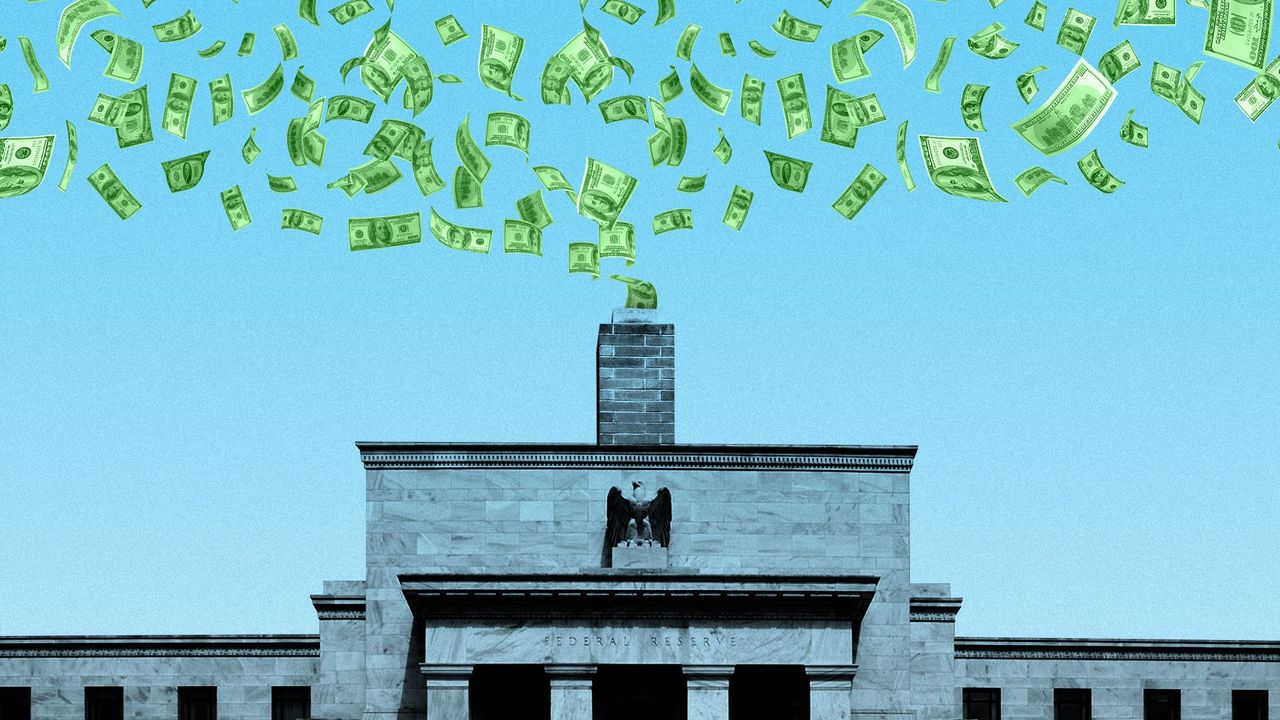Treasury nominee Janet Yellen said all the right things to reassure the markets

Treasury Secretary nominee and former Fed chair Janet Yellen's confirmation hearing before the Senate Finance Committee on Tuesday showed markets just what they can expect from the administration of President-elect Joe Biden: more of what they got under President Trump — at least for now.
What it means: Investors and big companies reaped the benefits of ultralow U.S. interest rates and low taxes for most of Trump's term as well as significant increases in government spending, even before the coronavirus pandemic.
- Last week Fed chair Jerome Powell reassured markets in remarks to Princeton's Bendheim Center for Finance that the Fed isn't even thinking about thinking about thinking about raising rates.
- And Yellen's testimony provided reassurances that the rest of the bullish environment for risk assets will remain in place.
Key statements: “The focus right now is on providing relief and on helping families keep a roof over their heads and food on the table, and not on raising taxes,” Yellen said.
- “Neither the president-elect nor I, propose this relief package without an appreciation for the country’s debt burden. But right now, with interest rates at historic lows, the smartest thing we can do is act big."
- “Over the next few months, we are going to need more aid to distribute the vaccine; to reopen schools; to help states keep firefighters and teachers on the job.”
- “To avoid doing what we need to do now to address the pandemic and the economic damage that it’s causing would likely leave us in a worse place economically and with respect to our debt situation than doing what’s necessary.”
How it works: Rock bottom interest rates mean companies can issue debt for virtually nothing (or even less in the age of negative-yielding corporate bonds) and can therefore borrow their way out of slow- or no-growth periods.
- Low rates also increase the amount of money in the economy — an environment that's been supercharged thanks to the Fed's quantitative easing and corporate bond-buying programs.
- Adding trillions in deficit spending from the federal government further increases the money supply and makes it harder for big companies to fail, regardless of their ability to sell their products or generate a profit.
The bottom line: Fears of runaway inflation, inefficient markets and excess debt derailing the economy had kept policymakers from attempting such a cocktail in years past.
- But with inflation unable to hold above 2% for more than a decade and an economy incapable of supporting itself without massive intervention, stock traders have cast off such concerns.